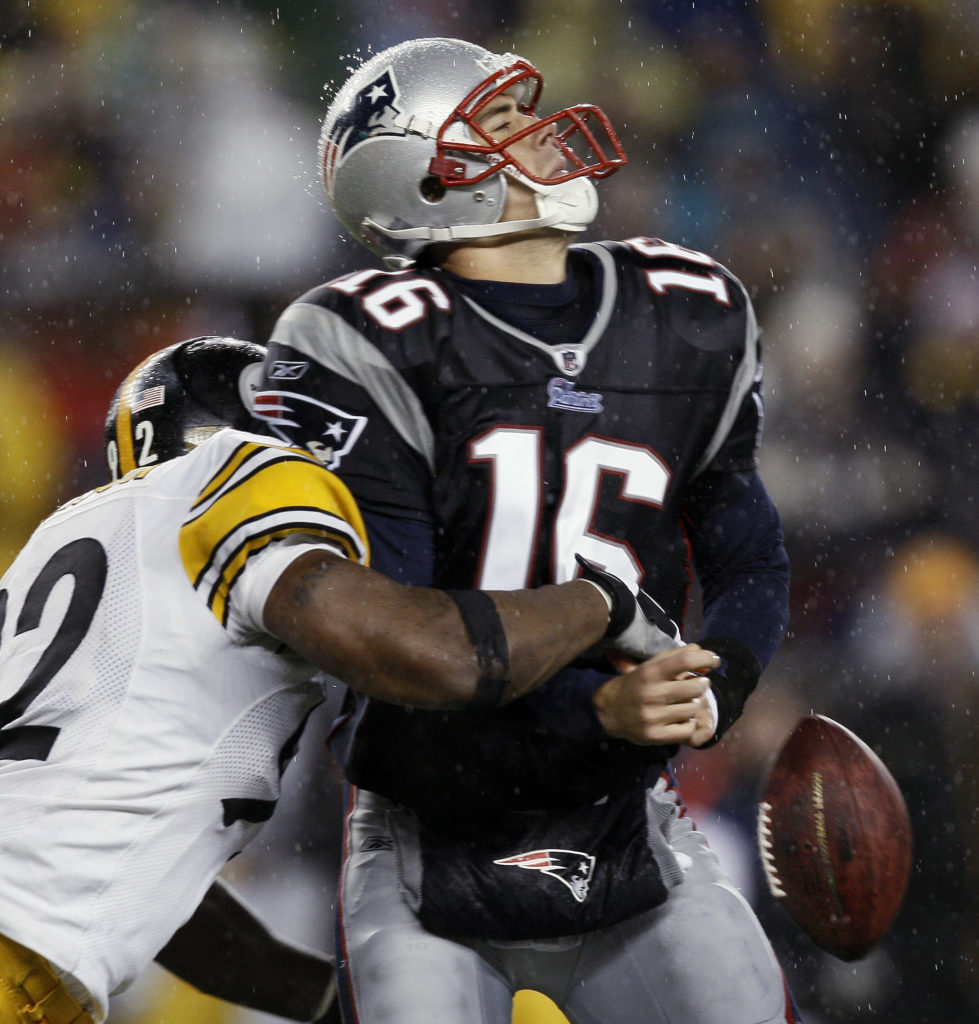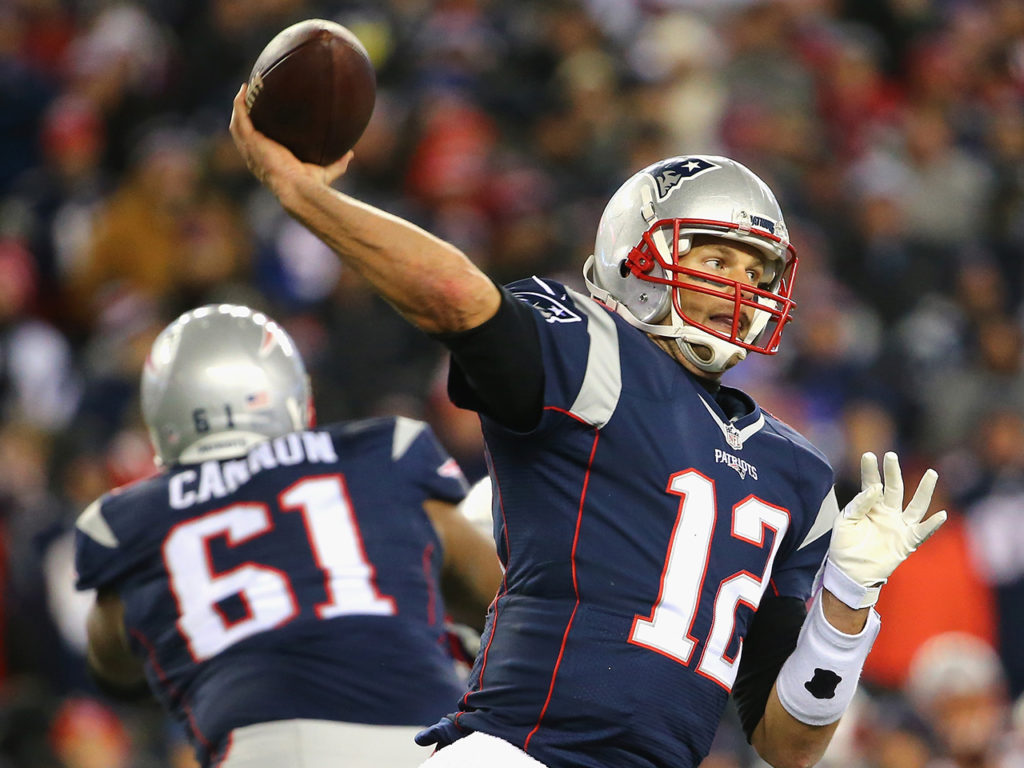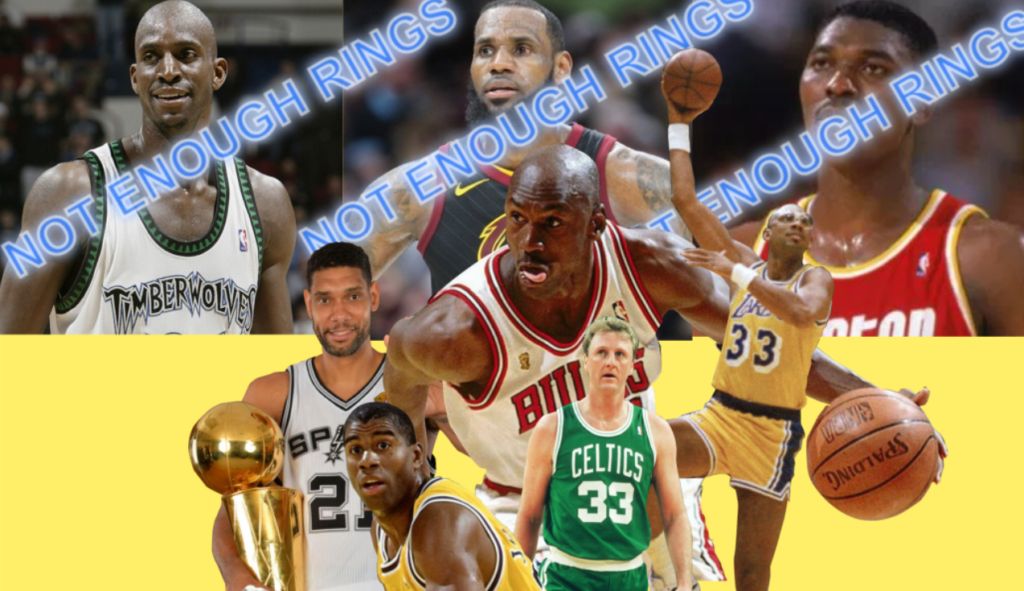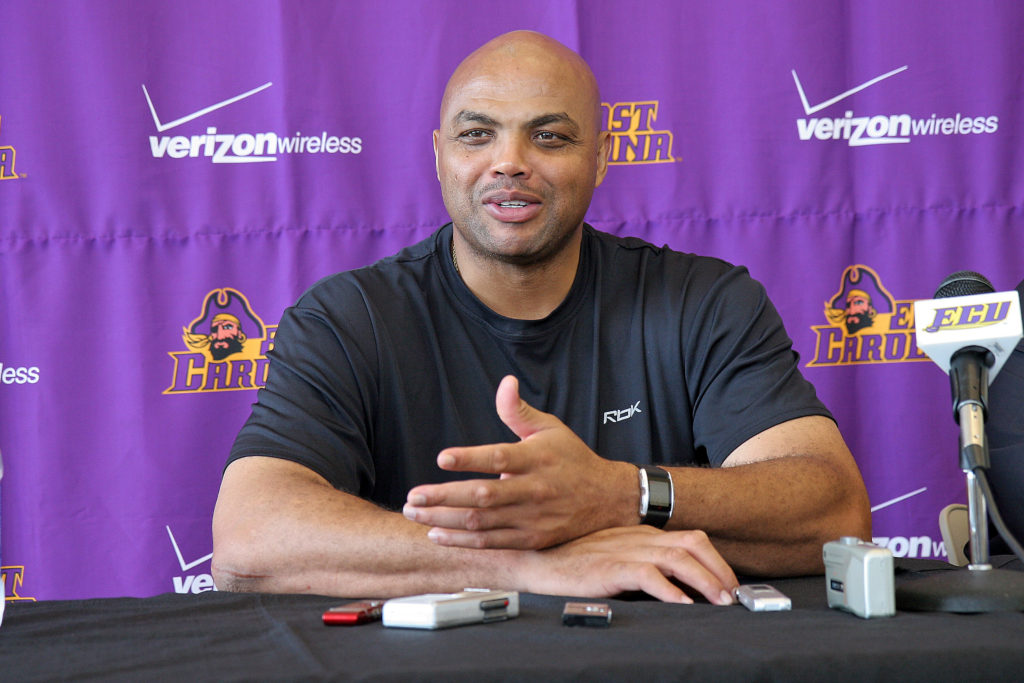There’s been this long lasting take that Tom Brady is a system quarterback. It’s already been discussed here. A big factor as to why this fallacy persist is because of how the Patriots managed to go 11-5 in 2008 when Brady was gone for the season with a torn ACL. A lot of people think that because the Pats won that many games with a backup quarterback, then it somehow means that Brady is a system quarterback. It doesn’t add up. If anything, it shows just how valuable Tom Brady is that the Pats would have a 5 game drop off despite few major changes in personnel and in coaching staff entering the 2008 season.
In 2007, Brady posted a passer rating of 117.2, slightly over 4800 yards, and tossed 50 touchdowns en route to a perfect 16-0 regular season. However, he played with Hall-of-Famer Randy Moss and fantastic slot receiver Wes Welker. The defense was ranked in the top 10 that season and still had very importance players that were part of the teams’ dynasty in the early 2000’s. Those players included Rodney Harrison, Teddy Bruschi, Richard Seymour, and Mike Vrabel. At that point, Josh McDaniels was the offensive coordinator for the squad. Virtually the same roster returned for the following season with the same coaching staff.
With the similar squad and coaching staff, the best Matt Cassel could do was only throw for 21 touchdowns, a little over 3600 yards, and took too many sacks (47 compared to 2007 Brady’s 21). Most importantly, Cassel only won 11 games with that roster. This was a 5 game drop off from the wins the reigning MVP Tom Brady accumulated with the squad the previous season. If Brady was a system, then why did they only win 11 games? Wouldn’t they had gone 16-0, 15-1, or even 14-2 with a lot of the same players?
Furthermore, the 2008 New England Patriots faced a much weaker schedule then their 2007 counterpart. This 2008 squad went up against the paltry NFC West at the time. The division combined for a record of 22-42. The best team in that division were the Arizona Cardinals (eventual NFC champions) that went 3-7 outside their division and were known for their poor play in east coast road games. To the Pats credit, they dismantled that team.
The other three teams had bad quarterback play such as from an injured and aging Matt Hasselbeck to a slew of bad quarterbacks such as JT O’Sullivan. JT O’SULLIVAN! Do you any of you know who he is?… Exactly. These were circumstances the Pats benefited from as they went 4-0 against that division.
They also played a bad AFC West that had a combined record of 23-41. The division leader, the San Diego Chargers (now Los Angeles Chargers), went only 8-8. Against that division, Matt Cassel led the 2008 Pats to a 3-1 record. For the most part, the AFC East has had teams that ranged from not good to very mediocre and the 2008 season was no different. Like with other seasons Brady has played, Matt Cassel’s Patriots performed well in it as they went 4-2.
The weak schedule aided the Pats in the 2008 season. In comparison to the previous season with Brady under helm, the Patriots faced divisions that had a combined tougher record collectively. The AFC North they faced was 32-32 and included two 10 win teams (Browns and Steelers). The NFC East had a record of 40-24 in the 2007 season and that division produced 3 playoff teams.
Furthermore, Matt Cassel lost to all the same prominent AFC teams they played that season that Brady crushed the previous season while starting. The Patriots lost to the 8-8 Chargers at San Diego in a 30-10 defeat. The previous season, the Pats beat the Chargers with a better record in a 38-14 trouncing. Not to mention, Tom Brady has never lost to the Chargers starting quarterback Philip Rivers in his career. EVER.
Matt Cassel’s Pats got blown out at home to the Steelers 33-10. It’s important to note that the Steelers team Matt Cassel lost to that season was better than the 2007 Steelers Brady’s Pats once again blown out 34-13 the previous season. Nonetheless, it’s especially important to note that Tom Brady has never lost to the Steelers at home in his career regardless of how good the different Steelers’ teams have been. EVER.

Matt Cassel’s Pats lost a close game 18-15 to the Indianapolis Colts on the road 18-15 despite how well the Pats’ defense played, holding the Colts to 301 net total yards. The bottom line is that Matt Cassel lost to teams Brady has dominated with a very similar roster. These were important AFC games that determined conference record and ultimately playoff seeding.
Another blatant way Matt Cassel’s 2008 performance not only shows Brady is not a system quarterback but extremely valuable is by the stark difference in points per game from the 2007 season to the 2008 season. In 2007, the Pats’ offense finished 1st, scoring 36.8 points a game. Meanwhile, the Pats offense under Matt Cassel dropped to 8th in offense while only scoring 25.6 points a game. One would think that if the Pats’ offensive success was mostly due to the “system” and not Brady then the team still would’ve averaged at least 30 points a game instead of falling to the mid 20’s.
Upon closer examination, it is also important to notice that Josh McDaniels under Bill Belichick’s tutelage had to scheme things to put Cassel in a position to succeed. He did not have full reigns of the offense from making all the audible and checks at the line of scrimmage. He got better and more conformable as the season went on but he never ran the offense with anywhere near the same clinical level that Tom Brady did en route to his MVP season.
He lacks the elite pocket presence Brady has, the ability to consistently exploit mismatches, laser accuracy, anticipation, and general command of the offense pre snap and post snap. Matt Cassel wasn’t terrible in those attributes for that one season but he was nowhere as good as Brady was and is at the position. Furthermore, Matt Cassel benefited from a rushing attack that was ranked 6th in rushing yards per game. Meanwhile, the Pats placed 13th in that category the previous season with Tom Brady.
It is very important to note that the 2008 AFC East was much more competitive for Matt Cassel than the 2007 AFC East was for Brady the previous season. The 3 teams’ competitions against the Pats combined for 12-36 in 2007, including the notable 1-15 Dolphins team. Meanwhile, those three AFC East teams combined for 27-21 in 2008 and that included the division winning 11-5 Dolphins team.
In addition, the 2008 Pats team that had a very similar roster to the 2007 Pats team did not have Donte Stallworth, one of their notable receivers behind Randy Moss and Wes Welker from the previous season. Also, the Pats defense was ranked 4th in yards in 2007 but very slightly dropped to 8th. One has to also add that their defensive veterans such as Teddy Bruschi, Mike Vrabel, Richard Seymour, and Rodney Harrison became an extra year older entering the 2008 season. Harrison did not get as many snaps that season as well. It was not a coincidence that the group ended up retiring or leaving the team in the next few subsequent seasons following 2008.
In addressing these counterarguments, one has to acknowledge that even though the AFC East was more competitive in 2008 than it was the previous season, the overall Pats schedule was easier in 2008 than it was in 2007. In 2008, all of the opponents that the Matt Cassel-led Patriots faced in 2008 had a combined record of 96-112. Meanwhile in 2007, all of the opponents that a Tom Brady-led Patriots team faced had a combined record of 108-100.
Furthermore, losing Donte Stallworth didn’t help but the difference in him not being on the team is obviously not too much, especially since a lot of you probably forgot who he was. Also, the Pats veterans on defense under Bill Belichick’s tutelage still held a top 10 defense that season, including their aforementioned performance against a Peyton Manning led Colts team.

The reason this article specifically focuses on comparing the respective starting quarterbacks from 2007 and from 2008 is because the core and main starters from those Patriot teams were similar and didn’t have the same level of roster turnover and coaching staff changes that we’ve seen from the Pats in many other seasons. By examining these specific seasons, we get to compare Tom Brady’s performance under similar if not slightly harder circumstances to that of another Patriots starting quarterback (Matt Cassel) to see the differences in how they fare.
In doing so, we saw a 5 game drop off from the then defending AFC champions the following season once Brady got hurt a few plays into week 1 of the 2008 season. We also saw a decline in points scores, yards gained, and overall clinical tempo and efficiency at the quarterback position.
For those that hold on to the belief that Tom Brady is merely a system quarterback, one has to ask why the Patriots didn’t continue rolling at nearly the same level against a weaker overall schedule since the coaching staff and personnel roughly remained the same? Some might hear this and quickly turn to the Pats 3-1 record in 2016 in an attempt to not address the previous concern. In short, it was a small sample size of games against okay opponents (Cardinals, Dolphins, Texans, and Bills) with a combined record of 34-30.
Furthermore, Jimmy Garropolo and Jacoby Brissett seem to be serviceable starting quarterbacks in their respective teams now. It shows that their successes in those 4 games should also be attributed to their own skills independent of the greatness of Brady rather than as an excuse to clump the 3 of them along with Matt Cassel as just products of the Pats’ “system”.
This other article also reexamines the fallacy of Brady being a system quarterback by breaking down how the concept of the Pats “system” doesn’t make sense given the differences in offensive schemes from the different offensive coordinators the Pats have had during the Brady-Belichick era.
To wrap it up, the Pats are a great organization. Bill Belichick is a great coach but the success has as much to do with Brady, if not even more, than the coach and the “system”. Tom Brady has many attributes such as his accuracy, zip on the ball, quick release, master ability to read coverage, identify mismatches, pocket presence, and movement within the pocket to extend plays.
These attributes along with more such as his ability to pass well in bad weather, leadership, competitiveness, intangibles, clutch play, toughness, durability, and ability to adapt to the constant revolving door of players around him on offense over the years is what makes him as great as he is. Ironically, the 2008 season by Matt Cassel actually helps to prove that and to show that he isn’t a system quarterback.





